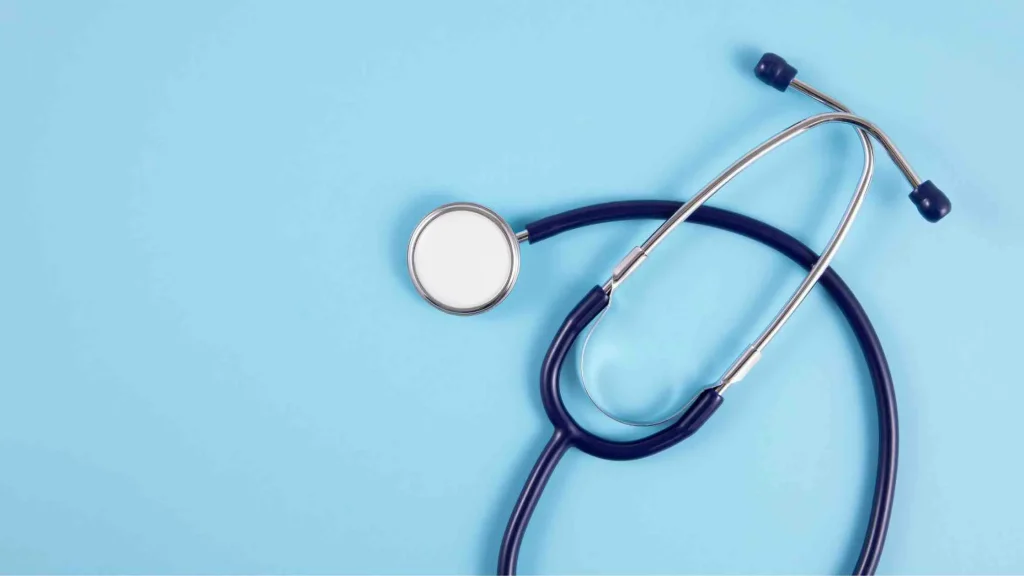The Nigerian Government has announced plans to launch an electronic portal aimed at transforming the submission and approval process for health research proposals across the country.
Dr Iziaq Salako, Minister of State for Health and Social Welfare, made the disclosure at the opening of a two-day workshop in Abuja on Thursday. The event, titled Electronic Portal Protocol Management System and National Ethics Standardisation Sensitisation, was organised for members of the National Health Research Ethics Committee (NHREC).
Represented by Dr Kamil Shotirere, Director of Planning, Research and Statistics, Salako said the portal would strengthen Nigeria’s ability to conduct ethical reviews of high-quality research that aligns with international standards.
He noted that the electronic portal is expected to be fully operational before the end of 2025. “We need to test-run it following this training to assess its effectiveness before inviting global researchers to submit proposals,” he said. “Our target is to begin accepting submissions before the end of the third quarter of this year.”

According to Salako, the workshop marks a key milestone in streamlining and reinforcing Nigeria’s research ethics processes. It also serves to equip committee members with the knowledge needed to uphold ethical standards in clinical research involving human participants.
“The committee ensures every research proposal undergoes proper review, that studies are conducted appropriately, and that researchers adhere to ethical principles,” he said.
Salako explained that the portal will enable researchers to log in, submit proposals, attach required documentation, pay any applicable review fees, and receive reviewer feedback—all online.
Dr Lolade Adeyemi, Special Adviser to the Minister of State for Health on Research and Innovation, reaffirmed the Federal Government’s commitment to supporting research financially, though she admitted that funding remains limited. She acknowledged support from international partners such as the Gates Foundation and the Multi-Regional Clinical Trials Centre.
“Once the international community sees our efforts, they will be more inclined to collaborate,” Adeyemi said. “We’re also exploring sustainability options, such as charging nominal fees.”
NHREC Chairman, Prof Richard Adegbola, highlighted infrastructural gaps as a key challenge in research, particularly in relation to report submission, review, and feedback processes. He warned that such inefficiencies can cause delays, risking the loss of grant funding when ethical approvals are slow.
“The e-portal will allow investigators to track submissions in real time, understand their status, and keep to designated review timelines,” Adegbola said. “It will not only enhance efficiency but also harmonise research procedures nationwide.”
In a goodwill message, Dr Collins Mitambo of the Gates Foundation stressed the critical role of strong ethical and regulatory systems in advancing trust and innovation in clinical research.
He described the two-year optimisation project as a collective effort to establish systems that protect participants, preserve data integrity, and build public trust.
“The project aims to ensure clinical trial reviews are efficient, predictable, and transparent,” Mitambo stated. “It will also support the capacity-building of Nigeria’s regulatory bodies, ethics committees, and research institutions.”


 Trending
Trending 